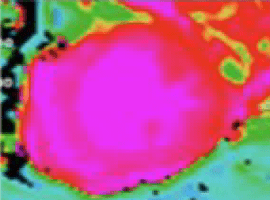Alvaro Taveras1*, Samuel Vasquez2 and Omarlyn Ruiz3
1Department of Research, Hospital Metropolitano de Santiago, Dominican Republic
2Internal Medicine, UConn School of Medicine, Connecticut Blvd, East Hartford, CT 06108, United States
3School of Medicine, Universidad Catolica Nordestana, Dominican Republic
*Corresponding author: Dr. Alvaro Taveras, Department of Research, Hospital Metropolitano de Santiago, Dominican Republic.
E-mail: alvarotaveras73@gmail.com.

